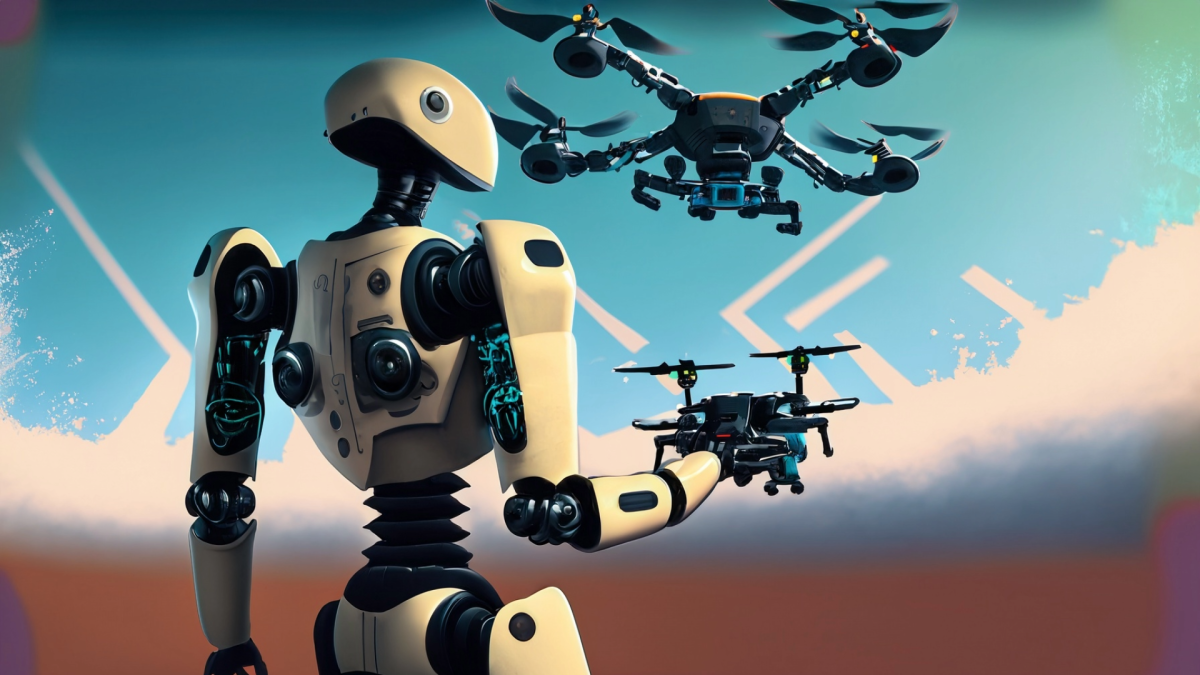Grades:
5th Grade
Students will germinate seeds and record any observations during the process.
Grades:
6th Grade
Students will plant and observe plants from seed to full germination while making observations on growth in this engaging lesson. This will be done using a science notebook to record germination
Grades:
4th Grade, 5th Grade, 6th Grade
Students will use engineering practices to build a bridge to see how much weight their bridge will support. This lesson gives students a better understanding of how bridges are constructed and how
Grades:
3rd Grade, 4th Grade, 5th Grade
In this hands-on lesson, students plan and build a bridge that can hold at least 6 pounds using popsicle sticks and hot glue. This lesson helps students understand load transfer of weight and the
Grades:
6th Grade, 7th Grade, 8th Grade
Are you ready to build?! In this hands-on lesson students build a model of a robot using LEGOs. They will discuss the advantages and disadvantages of robots and determine what task their model robot
Grades:
6th Grade, 7th Grade, 8th Grade
Students will learn how to construct a moving car robot and program the robot using block-based coding. They will be successful when they have coded the car robot through a maze, they created, without
Grades:
7th Grade
In this 1st lesson in a series of 2, students will analyze features of water cups for how effective they are at keeping our water cold while we are at school. Students will then use this knowledge to
Grades:
7th Grade
In this 2nd lesson in a series of 2, students will continue the work on their cup design. They will analyze features of water cups for how effective they are at keeping our water cold while we are at
Grades:
4th Grade, 5th Grade, 6th Grade
In this engaging lesson, students will summarize the environmental impact of obtaining and using fossil fuels and recommend solutions for reducing use of fossil fuels. Students use chocolate chip
Grades:
8th Grade
This lesson took place in a 90 minute after school STEM club (could work in 2 - 45 minute class periods). Students may work in small groups of 2-4. An emphasis on sample collection and analytical
Grades:
1st Grade
In this engaging lesson, students build a catapult using spoons, popsicle sticks and rubber bands. Students will be able to describe what a catapult is, the use, and vocabulary words.
Grades:
6th Grade, 7th Grade, 8th Grade, 9th Grade
Summary - Students will be identifying the structures and functions of plant reproductive parts. Materials - Flowers, scissors, magnifying lenses, resource materials (internet/textbook)
Grades:
4th Grade, 5th Grade, 6th Grade
List of Materials- Science Notebook, Pencil/Pen, Reflection Questions Summary- Students are reflection and revising their egg drop protectors from the previous lesson. Agenda- Reflect on the first egg
Grades:
6th Grade
In this lesson, students will learn about simple circuits, then create a simple circuit using copper tape, LED's, and batteries. Finally, they will construct a 3D model of a haunted house and use
Grades:
6th Grade, 7th Grade, 8th Grade
Students will learn about the food chain, and the American Kestrel's place in it. Students will be able to classify organisms, construct a model of the North American Kestrel’s role in the food web
Grades:
6th Grade, 7th Grade, 8th Grade
Summary: Students are coding and observing robots to try and determine all forces acting on the robot. Materials; Robots that can be coded to move in different ways. Laptops to code. Agenda The
Grades:
6th Grade, 7th Grade, 8th Grade
Lesson Summary: Students code sprites in scratch to animate the Central Dogma of Biology Materials: Laptops Agenda: The teacher will introduce a list of items like the following: aquarium, bicycle
Grades:
Kindergarten, 1st Grade, 2nd Grade, 3rd Grade
The students will create a Three Sisters Garden by participating in a teamwork activity, listening to a read aloud, watching a video, creating a diagram, planting the garden, and creating a video
Grades:
6th Grade
Summary Each of the first two Basic Handling lessons is approximately 5 minutes in length. The onboard “Flight Instructor” will instruct student trainees on what they should be doing and interacting
Grades:
Kindergarten
Students will be able to observe and recognize that a thermometer is a device that is used to measure a change in temperature.
Grades:
2nd Grade
Students will design and build the tallest tower/structure using candy/marshmallows and toothpicks.
Grades:
5th Grade
Students develop an understanding of patterns and how genetic information is passed from generation to generation. They also develop the understanding of how genetic information and environmental
Grades:
5th Grade, 6th Grade, 7th Grade
Students will learn about the physics of motion and force and use those to create a mini-golf course hole that has obstacles and an environmental awareness theme.
Grades:
1st Grade
Students will grow to understand what decomposition is and why it is a vital part to their compost bins success.
Featured Lesson Plans
Check out these notable lesson plans.

Featured
Best Class Plant
Grades:
1st Grade, 2nd Grade, 3rd Grade
This lesson is centered around the book, The World's Best Class Plant. It is intended for 1st-3rd grade. Ideally, teachers would use this lesson at the beginning of the year so they can have their

Featured
Magic Magnets: Flying Butterfly
Grades:
3rd Grade
Students will have the opportunity to explore the magnetic field in small groups or independently. Students will explore the forces by demonstrating how a paper clip can float in the air using a

Featured
STEM Tank! Part 2
Grades:
3rd Grade
Students will go through the engineering design process to come up with a product that will solve a real life problem. By the end of the unit, students will design their product, make their product


